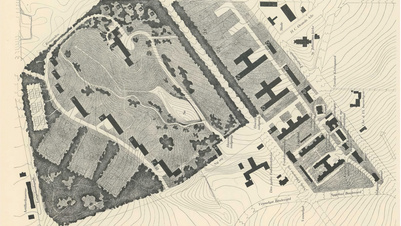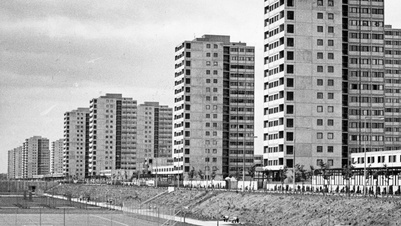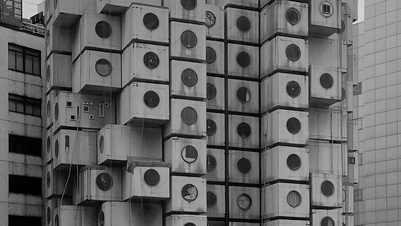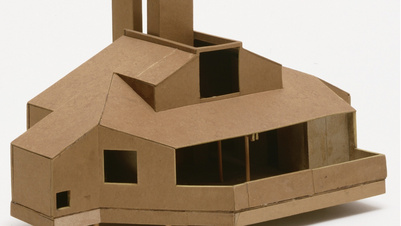Auditorium 5
Danneskiold-Samsøes Allé 50
1435 København K
Kirsten Marie Raahauge, who has been appointed professor WSD at the Institute of Architecture and Design, holds her professorial inaugural lecture. The lecture is titled: Spatial Anthropologies. The Realm of Welfare, Home and Haunting.
This lecture deals with anthropological perspectives on welfare spaces, moreover it is concerned with spatial perspectives on haunting and homes. Besides, this lecture is about the significance of lacking, absence, displacement, blind spots, dead ends, and sloaps. The non-sites of welfare, one might say.
In the research project Spaces of Danish Welfare, welfare and space are understood as the premise of each other; the research is conducted by architects, art historians and anthropologists. In the subproject From Province to Periphery,the focus is on daily life between the present welfare spaces and the welfare spaces that have become absent, with the borrow Tønder as the case. Slowly, something severe is going on in Tønder in these years. Silent and in the unpredictable manner of small, insignificant, seemingly undirected steps, the city is under transformation.
The changes of Tønder are related to changes in Danish welfare systems; In Tønder, many of the welfare institutions have been moved to other cities, turning Tønder into an abundant welfare city of yesterday, a reduced welfare city of today and a possible wellness city of tomorrow, since the city is planned to become part of a touristic experience of the Tønder marshes.
This focus on welfare spaces will be supplemented by other anthropological space investigations, such as explorations of spaces of homes, well-off people, landscapes cityscapes, neighborhoods, and spaces of haunted houses. Furthermore, the insights and blind spots of an anthropological gaze at lacks, absence and displacement in a spatial context will be discussed.





